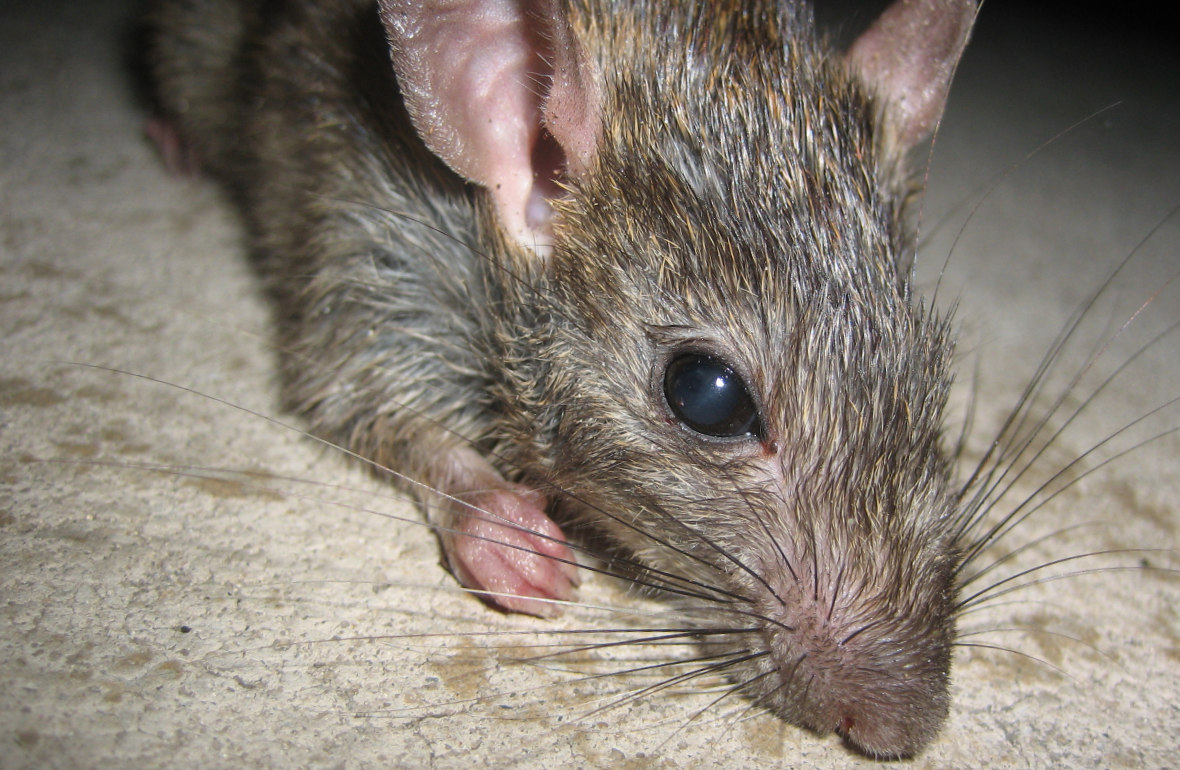- info@JerseyCityanimalattic.com
Call 24/7 for a free quote:
201-453-4989
Types of Diseases Rodents may Carry
It is common for us to have an encounter with rodents in our house especially during the winter months. You may not be aware that these pesky critters are more than just nuisance creatures. Rodents can be a host to different zoonotic diseases. These diseases can be transmitted through improper handling of the animal, direct contact with their feces and urine, and through their bites. They may also carry fleas and ticks that are also potential carrier of deadly diseases.

Types of Illnesses That Can Be Transmitted by New Jersey Rodents
As the Jersey City rodents look for a warm place to retreat, our house would be the possible target of these creatures. Their presence should never be ignored and must be treated with utmost concern. In the US alone, at least 21 million homes are being infiltrated by rodents during the cold season. They can produce an average of 25,000 pellets of fecal matters that may carry fungal and bacterial spores.
Hantavirus
The hantavirus disease was first discovered last 1993 in the Southwestern part of the US. Today, cases of Hantavirus are primarily affecting the western section of the United States. This illness will be carried by the rice and cotton rat and the white-footed mice. The disease can be acquired through various routes. For instance, if the spores found in their droppings or nesting materials have been stirred, human can accidentally inhale them. In case the infected rodent bite you, the disease can also be transferred. Experts also believe that you can acquire the disease if you ingest a water or food that is contaminated with their excrement.
Symptoms of Hantavirus will manifest after 1-5 weeks. There are cases that this condition will progress to HPS (Hantavirus Pulmonary Syndrome). This is a serious respiratory infection that can be lethal. Early symptoms will include muscle aches, fatigues, and fever. The infected person may also experience abdominal pain, chills, dizziness, and headaches.
LCM (Lymphocytic Choriomeningitis)
LCM is a viral infection that can be transmitted by your average house mouse. Based on the most recent study, at least 5% of the house mouse in the US may carry this disease. Your pet hamster may not be a carrier, but they can still be infected through interaction with wild mice. A person can acquire this disease if they have been exposed to the urine, saliva, and droppings of the infected mouse. Cases of infection is more prominent during the cold months.
Tularemia
The population of the Jersey City rodents will be heavily affected if there is an outbreak of Tularemia. The disease can be found in various parts of the US except in Hawaii. The transmission of the disease can be acquired from the bite of the tick. You may also acquire this if your skin comes in contact with an infected rodent or if you ingested a contaminated food and water. Symptoms of the disease may vary contingent upon how the bacteria access your body.
The government is encouraging its citizens to take some precautionary measurements in keeping the rodents away from their property. By having some preventative measures in place, you will be able to significantly reduce the probability of disease transmission.
Visit our Jersey City animal removal home page to learn more about us.

